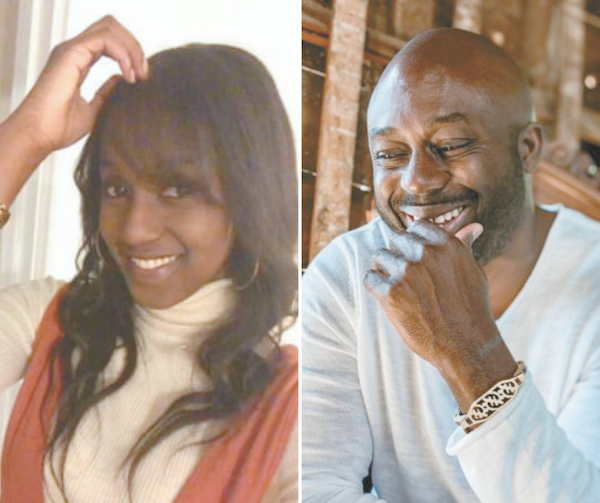There has been a Civil Rights Team (CRT) at Gorham High School (GHS) for several years. This year, however, its efforts have taken on a new form in light of Covid-19 restrictions. In addition, the CRT has increased its energy and focus towards establishing a culture of anti-racism at the high school.
As a part of this work, the CRT chose to celebrate and honor Black History Month this February through a series of events highlighting Black history, voices, and activism. The CRT partnered with the GHS section of Jobs for Maine Graduates (JMG) to host a series of career talks featuring local Black professionals in a variety of fields each Friday in February.
CRT member and GHS sophomore Klarha Cajuste believes that this speaker series is important because it “allows us to educate students on different careers while highlighting [people of color] in our state.”
CRT members Cajuste and junior Breshia Flett coordinated career talks with jeweler Ebenezer Akakpo and lawyer/policy advocate Deborah Ibonwa respectively. The CRT and JMG hosted both speakers via Zoom on Friday, February 12th.

Attendee senior Katy Morin reflected on Ibonwa’s talk stating, “Her emphasis on work(activism)-life balance was really appreciated. I struggle with separating activism from my everyday life and because of that I get burned out and stressed easily, so for me to do that sort of work long term I really need to improve.”
The CRT will be hosting at least two more career talks during Black History Month with activist James Ford and Deering High School counselor Farausi Cherry.
JMG coordinator Eliza Kenigsburg has been regularly coordinating career talks at GHS since 2019 to provide high school students with opportunities to learn about various potential post-secondary careers or fields of study. Kenigsburg assisted CRT members in coordinating the February career talks. She spoke on the Black History Month Speaker series and its role within JMG’s work: “The speaker series was designed to center Black professionals. By elevating their story, we communicate that [we] value their stories. This feels particularly essential in Gorham where our Black students and staff are in the extreme minority. I hope that students will develop a connection with a Black professional in our community and be more likely to seek them out as mentors, internship hosts, and interview subjects.”
CRT does not intend to limit its work targeting racism to Black History Month. Members and adult organizers alike are looking to continue combating racism within our community into the future. CRT member Klarha Cajuste stated that she had joined the group because “since I was a little girl I had wanted to change the world. I was born black in an all-white state which changed my perspective.”
JMG coordinator Eliza Kenigsburg noted that in her work inviting speakers to GHS “it’s clear that my actions around race and racism need to be factored into all my decisions as an educator. In my small way, I have the opportunity to rid our educational institutions of racism.”
These events ask us during this month, and every month, to consider our personal role in cultivating an environment in which marginalized voices are not just included but amplified.


